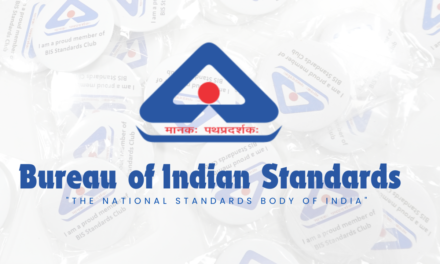The Textile Industry in Tamil Nadu Faces Environmental Difficulties
The textile industry in Tamil Nadu is currently grappling with significant environmental challenges that threaten its sustainability and growth. As one of the largest textile hubs in India, the sector is under increasing pressure to meet both production demands and environmental regulations. Key issues include water pollution from dyeing processes, excessive water usage, and the environmental impact of chemicals used in fabric treatment. These practices have resulted in severe ecological damage in certain areas, affecting local communities and ecosystems.
Additionally, the industry’s carbon footprint is a growing concern, particularly in light of global calls for more sustainable and eco-friendly manufacturing practices. There is a pressing need for the adoption of clean technologies and sustainable materials to reduce waste and energy consumption. However, the high costs associated with upgrading infrastructure to meet these standards have proven to be a major barrier for many manufacturers.
To address these challenges, the textile industry in Tamil Nadu is seeking government intervention to promote the adoption of green technologies and sustainable practices. This includes financial incentives for water treatment plants, energy-efficient machinery, and the development of circular economy models to recycle waste materials. As the industry navigates these environmental difficulties, it is also working toward balancing the need for economic growth with environmental responsibility to ensure long-term sustainability.








